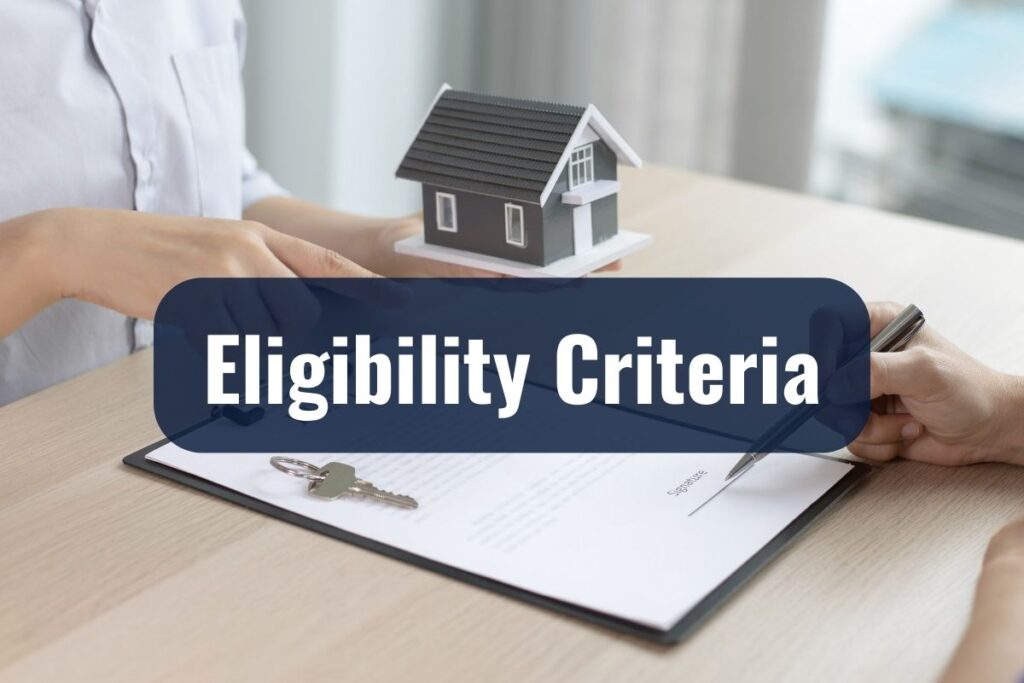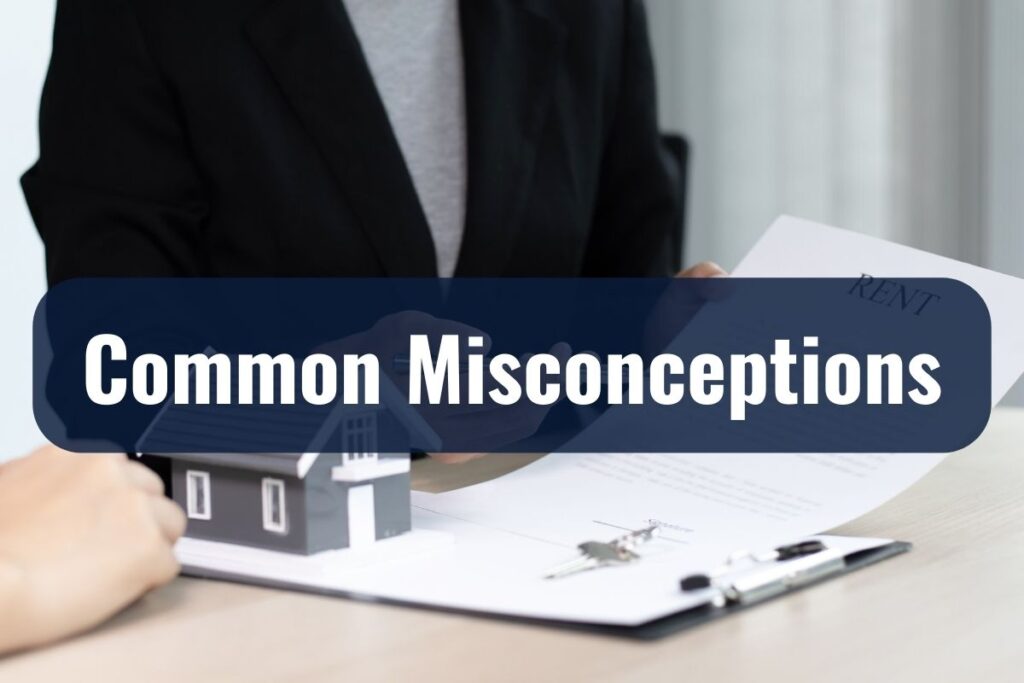If you’re a foreigner residing in this picturesque country, you might’ve heard of “huurtoeslag.” But what exactly is it? In its essence, huurtoeslag is a financial relief, designed to ensure that everyone, regardless of their income, can afford a roof over their heads in the Netherlands.
Today, we will unpack the intricacies of huurtoeslag, making it easier for you to understand and potentially benefit from this system. Whether you’re here for a short stay or you’re making the Netherlands your permanent home, being informed about such aids can be invaluable.
Key Takeaways
- Huurtoeslag is a rental assistance scheme for residents in the Netherlands, irrespective of nationality.
- Eligibility is determined by age, income, rent amount, and the type of residence.
- Applications are predominantly done online using DigiD on the official Belastingdienst website.
- Reporting changes in personal situations promptly ensures continuous and accurate support.
- Common misconceptions include assumptions about nationality-specific benefits and complete rent coverage.
- Foreigners can benefit from language assistance, community guidance, and staying updated with regulations.
The Basics of Huurtoeslag
A foreign country’s housing system can be a maze, but understanding foundational concepts makes the journey smoother. Enter “huurtoeslag”. This term might sound unfamiliar to your ears, but its role in the Dutch rental world is pivotal.
Huurtoeslag is a state-provided financial support system tailored for individuals and families renting accommodations in the Netherlands. Its raison d’être? To bridge the gap between what someone can afford and the actual rental prices, ensuring that no resident is unduly burdened by housing costs.
The Netherlands has a well-structured social welfare system, of which huurtoeslag is an integral part. Think of it as a friend extending a hand, helping you carry the weight of your rent.
But, why does the Dutch government offer such a benefit? The answer lies in the country’s commitment to social welfare and its understanding of the challenges faced by renters, especially in popular and often expensive areas. Huurtoeslag ensures that even those with lower incomes can enjoy the beauty and opportunities the Netherlands has to offer without the overwhelming pressure of high rental costs.
Eligibility Criteria

One of the most pivotal aspects of the huurtoeslag system is understanding if you fit the bill. After all, while the Netherlands offers this wonderful support mechanism, there are specific criteria that applicants must meet. Let’s carefully walk through each one, ensuring you have a clear road map to determine your eligibility.
| Criteria | Description |
| Age | Minimum of 18 years, with specific rules for younger applicants |
| Income | Must fall within defined income brackets |
| Rent Amount | Rent should be within specific minimum and maximum limits |
| Residence Type | Must be an independent living space with its entrance and facilities |
| Nationality/Residency | Dutch nationals or foreigners with a valid residence permit |
Age
To commence, age plays a role. The system is designed such that you must be at least 18 years old to apply. This is in line with many legal and civic responsibilities that commence at adulthood in the Netherlands.
Residency
It’s paramount that you’re registered at the address you’re claiming benefits for. This ensures transparency and prevents misuse of the system. Your registration at the municipality serves as a testament to this.
Rent Limits
Not all rent prices qualify for the benefit. There are upper and lower rental price limits set annually. This is to ensure that the system aids those genuinely in need, rather than subsidizing luxury accommodations or extremely low-rent situations that might not necessitate aid.
Income
Here, it’s about balance. The huurtoeslag system has an annual income threshold. If one’s income surpasses this, they’re deemed financially capable of bearing their rent without assistance. The exact amount can vary year by year, so it’s wise to check the latest figures.
Type of Housing
The nature of your dwelling plays a role too. Only certain types of housing are deemed eligible. Typically, self-contained properties, which have their entrance, kitchen, and toilet, fall within the purview of huurtoeslag.
Nationality
While the Netherlands is a welcoming hub for global citizens, there are stipulations in place for huurtoeslag. One must either be a Dutch national or possess a valid residence permit. This ensures that the system caters to those who are legally residing in the country.
Personal Financial Situations
Beyond your income, your overall financial health is considered. This means if you have savings or investments above a certain threshold, it could influence your eligibility. The goal is to assist those who genuinely require it.
Application Process
Determined that you might be a fitting candidate for huurtoeslag? Fantastic! Now, let’s guide you step-by-step through the application maze, ensuring each turn is marked with clarity and confidence.
Gathering Necessary Documents
Before you even touch the keyboard or fill out a form, you’ll need to have certain documents at hand. Preparation here will make the entire process more streamlined. Typically, you’d need:
- Your rental contract, which provides proof of your accommodation and its costs.
- Details of your income, often in the form of salary slips or an employer’s statement.
- If applicable, your valid residence permit.
Digital Application
In the digital age and the Netherlands’ commitment to being eco-friendly, it’s no surprise that the application process is predominantly online. For this, you’ll utilize the DigiD (Dutch Digital Identification System), a secure platform for interacting with various governmental services.
If you don’t have a DigiD, you’ll need to apply for one first. It’s a simple process and serves multiple purposes beyond just huurtoeslag.
With your DigiD set, navigate to the official Belastingdienst (Dutch Tax Authority) website. Here, you’ll find a specific section dedicated to huurtoeslag applications. Follow their guided process, inputting the information as requested and uploading your documents.
Response Time
Patience is a virtue, they say. Once your application is submitted, there will be a waiting period. Typically, the Belastingdienst aims to respond within a few weeks. However, during peak times or due to certain complexities in an application, this might extend a bit. They will get back to you with a decision or potentially a request for additional information.
Payments
Once approved, the excitement truly begins as you start receiving support. Huurtoeslag benefits are usually distributed monthly, directly into your bank account. It’s crucial to ensure that the bank details provided during the application are accurate to prevent any delays.
Changes in Personal Situation

Life, in its essence, is dynamic. As circumstances shift, new chapters begin, and with these changes, certain responsibilities follow. When it comes to the realm of huurtoeslag, it’s of utmost importance to keep the relevant authorities updated on significant alterations in your situation. Let’s delve into why this matters and how to go about it.
Importance of Reporting Changes
Integrity and Compliance: The system of huurtoeslag operates on trust. By reporting changes, you’re upholding this trust and ensuring compliance with the rules.
Avoid Overpayments: If your situation changes in a way that affects your eligibility or the amount you should receive, you might end up being overpaid. Overpayments often need to be returned, and it’s simpler to avoid this scenario by being proactive.
Ensure Continuous Support: Conversely, if your circumstances shift in a manner that entitles you to more support, timely reporting ensures you receive the aid you rightly deserve.
How to Report Changes
Online Portal: Utilizing the same DigiD system, you can log in to the Belastingdienst website. Here, there’s a dedicated section to report changes in personal circumstances related to huurtoeslag. The interface is designed to be user-friendly, guiding you through the necessary steps.
Documents and Proof: Depending on the nature of the change, you may need to provide supporting documents. For instance, if there’s a change in your rental amount, an updated rental contract would be essential.
Timeframe: It’s advisable to report changes as soon as they occur or are anticipated. This ensures the system remains updated and any necessary adjustments to your benefits are made promptly.
Common Misconceptions

In any system, especially those concerning financial benefits in a foreign country, myths and misconceptions tend to crop up. These can cloud understanding and sometimes deter eligible individuals from seeking the aid they deserve. Let’s illuminate some of these common misconceptions about huurtoeslag, offering clarity amidst the fog.
Only Dutch Nationals Can Apply
While nationality plays a role in the eligibility criteria, it’s not reserved solely for Dutch citizens. Foreigners with a valid residence permit can, and often do, qualify for huurtoeslag, provided they meet the other criteria.
Huurtoeslag Covers the Entire Rent
It’s essential to understand that huurtoeslag is a contribution towards your rent, not complete coverage. The amount you receive is based on your situation and the rent you’re paying, ensuring those who need it most receive the most assistance.
Once Approved, It’s Guaranteed for Life
Huurtoeslag is contingent upon specific criteria. Should any of these change, such as income or type of housing, it could affect your eligibility or the amount you receive. It’s an ongoing relationship that requires regular check-ins.
If I Make a Mistake, I’ll Face Severe Penalties
The Dutch system is understanding and aims to be supportive. If genuine mistakes are made in the application process or in reporting changes, you’ll often have an opportunity to rectify them. However, intentional misinformation or fraudulent activities are, understandably, dealt with more strictly.
Only Urban Areas or Expensive Cities Qualify
The huurtoeslag isn’t restricted by location within the Netherlands. Whether you’re in bustling Amsterdam or the tranquil countryside, the criteria remain consistent. It’s based on personal circumstances, not postal codes.
I Need to Navigate the Process Alone
The Netherlands boasts a plethora of resources and organizations dedicated to helping residents, including foreigners, understand and navigate processes like the huurtoeslag. From community centers to online forums, there’s always a place to seek guidance.
Tips for Foreigners

Diving into the world of huurtoeslag as a foreigner in the Netherlands may seem like a challenging feat, especially with language barriers and unfamiliar systems. Yet, with a few tips under your belt, this venture can become significantly smoother. Here’s a curated list of pointers specifically tailored for foreigners:
Language Assistance
While most official processes have English versions available, it’s still beneficial to have a Dutch-speaking friend or advisor assist you. They can help ensure understanding and accuracy in both application and communication.
Stay Updated
Regulations, income limits, and rent brackets may change. Regularly checking official websites or subscribing to newsletters can keep you in the loop.
Seek Community Guidance
Join expat forums or groups in the Netherlands. Fellow foreigners often share their experiences, insights, and even potential pitfalls to avoid. Their firsthand experience can be a goldmine of information.
Organize Your Documents
Always keep a well-organized folder, digital or physical, of all relevant documents. This not only streamlines the application process but ensures you’re prepared for any requests or verifications.
Open a Dutch Bank Account
If you haven’t already, opening a local bank account can simplify the payment process. Huurtoeslag benefits are typically transferred directly to bank accounts, and having a local one ensures smooth and timely transactions.
Stay Proactive with Changes
As emphasized earlier, always be proactive in communicating any changes in your situation. This not only ensures compliance but also guarantees you receive the correct amount of support.
Consultancy Services
Several organizations offer consultancy services for expatriates, aiding in various processes, including huurtoeslag applications. If you feel overwhelmed, consider seeking their expert guidance.
Patience and Persistence
Remember, while it might feel complex at first, the system is designed to help. With patience and persistence, you’ll navigate it effectively. Every step you take brings you closer to the financial support you may need.
Further Resources
Belastingdienst is your primary source of all things huurtoeslag. Regularly updated, it provides the most current regulations, eligibility criteria, and application procedures. Moreover, it offers a dedicated English section, ensuring comprehension for non-Dutch speakers.
A non-profit organization, ACCESS serves the international community in the Netherlands. They offer a range of services, including guidance on housing benefits. Their volunteers, often expats themselves, bring a unique understanding of the challenges foreigners might face.
Beyond just huurtoeslag, DigiD is your digital key to numerous government services. Familiarizing yourself with this platform can ease many administrative tasks in the Netherlands.
In instances where there might be disputes or uncertainties about rent or housing benefits, the Huurcommissie can provide guidance or mediation. They aim to ensure fair housing practices within the Netherlands.